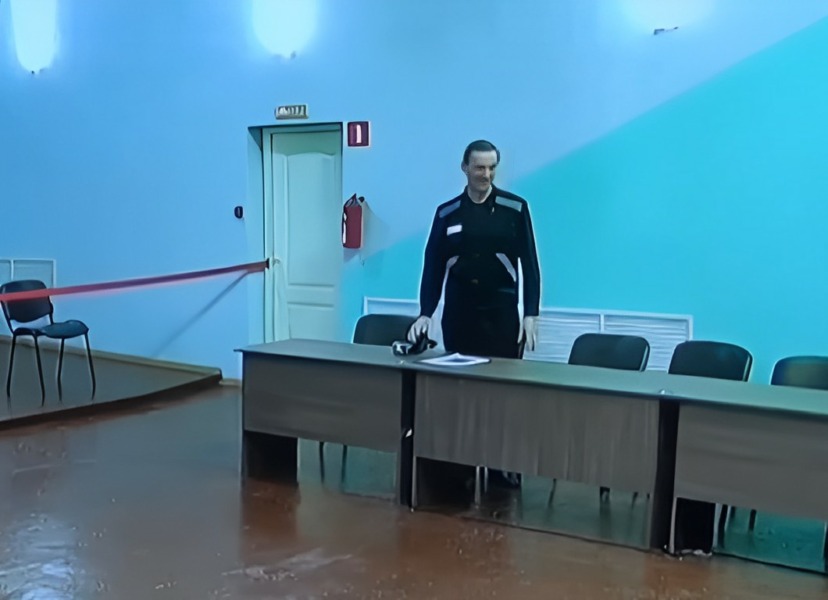Kremlin Critic Alexei Navalny, Sentenced to Another 19 More Years In A Supermax Prison
- TDS News
- Breaking News
- August 4, 2023

Early today, a Russian court sentenced Alexei Navalny, the prominent political opponent of President Vladimir Putin, to an additional 19 years in prison. Navalny, currently serving an 11-year sentence, was accused of creating an extremist community, financing extremist activities, and other alleged crimes. The sentencing has raised serious concerns about democracy, human rights, and political dissent in Russia.
Alexei Navalny is a prominent Russian opposition leader and anti-corruption activist. His rise to prominence began with his outspoken criticism of corruption within the Russian government, including high-ranking officials and President Vladimir Putin himself. Navalny’s exposure to corruption through his blog and social media channels garnered significant support from the Russian people, particularly the younger generation disillusioned with the country’s political establishment.
Navalny’s journey to becoming one of Putin’s fiercest critics took a dangerous turn in August 2020 when he fell critically ill during a domestic flight in Russia. It was later revealed that he was poisoned with a nerve agent called Novichok. Navalny miraculously survived the assassination attempt, but the incident further fueled his determination to challenge the current regime and expose its corruption.
The sentencing of Alexei Navalny to another 19 years in a maximum-security prison is a glaring example of the Russian government’s systematic suppression of political dissent. By imprisoning political opponents and silencing voices of opposition, the Russian authorities are undermining the basic principles of democracy, such as freedom of speech and the right to dissent.
Human rights organizations worldwide have expressed grave concern over the treatment of Alexei Navalny and its wider implications for human rights in Russia. Navalny’s sentencing adds to the concerns regarding the lack of fair trials and due process for political prisoners in the country. The international community has called for his immediate release and an end to the persecution of political dissenters.
Despite the grim circumstances surrounding Navalny’s imprisonment, some believe that if he survives and is eventually released, he could stand a chance at becoming Russia’s next president. His popularity, particularly among the younger and dissatisfied population segments, could lead to a monumental shift in Russian politics. His potential presidency might bring about sweeping changes in the country’s political landscape, potentially leading to an end to the ongoing conflict, such as the war in Ukraine. As the world watches closely, the hope that a fair resolution can be achieved in Navalny’s case diminishes each day he remains incarcerated. Russia. However, until then, his plight is a stark reminder of the challenges those who dare to speak out against entrenched power in today’s world face.








